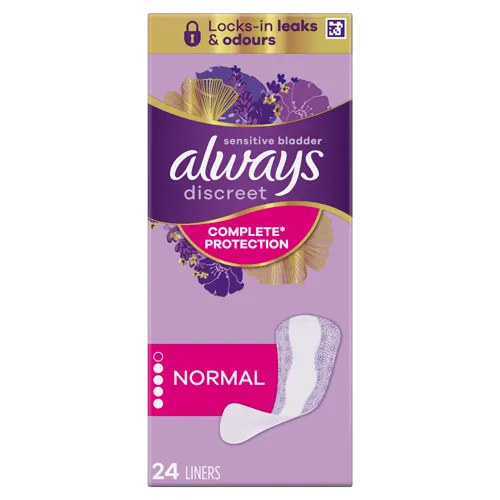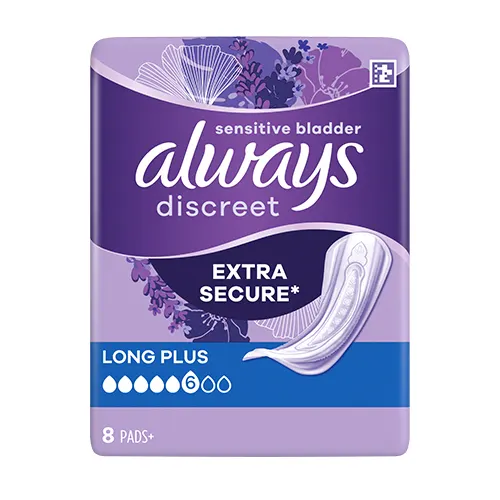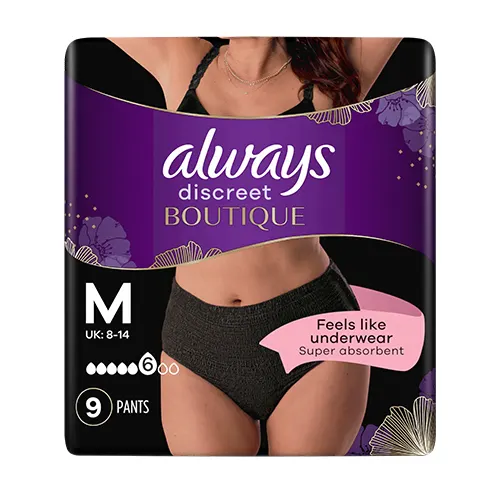
Some women have a lot of questions about feminine hygiene tips and genital protection even though the genitals are just another part of the body and so, in principle, they just need to be kept clean and problem-free as part of a normal daily intimate hygiene regime.
However, it is certainly a delicate area. It has a scent unique to each individual (which is normal and natural), comes into contact with discharge, urine, period blood and sweat, and is not normally well-ventilated. This means that specific daily feminine hygiene tips should be followed for this area, every day or on specific days of the cycle, but take care not to become obsessed or “over-clean” – too much cleaning in this area can be just as harmful as not enough.
Feminine hygiene tips: the genitals
One way to clean the outer part of the genitals (the vulva) is with warm water and PH neutral product (without colourants, perfumes, SLS etc…) while bathing or showering. To clean the vulva, you should stand with your legs apart and place the soap directly onto your hand (do not use gloves or a sponge). It is not necessary or advisable to clean inside the genitals (the vagina). The vagina normally cleans itself – the walls of the vagina produce a cleansing discharge (vaginal discharge) which carries dead cells and other microorganisms out of the body. Vaginal douching is not recommended, unless advised by a doctor.
Make sure to use the right feminine intimate hygiene product as some, especially those with scents, may cause allergies or irritation.
The vulva should be washed at least once a day. If you do not wish to take a shower, you could use a bidet. During your period you should wash yourself often.
Good protection
Another very important feminine hygiene tip is that, in addition to washing, protection is also important. Always Discreet has a wide variety of incontinence liners with various levels of absorbency. For small bladder leakages, you may consider trying our light incontinence liners. To be effective, incontinence liners should be changed as often as necessary (depending on the absorbency).
It is advisable to wear underwear made from natural fibres. These should be changed at least once a day. You can wear synthetic underwear, but if you experience irritation then you should switch to cotton.
The skin in the vulva area can be more sensitive than other areas of the body, especially when you’ve got your period. Here’s a guide to feminine care and intimate hygiene.
Keep clean
Cleanse your intimate parts gently with warm water or gently rinse the area while showering. Avoid using products that may alter your vaginal pH levels. Wash with warm water.
Keep dry
Keeping your intimate skin clean and dry is important. For example, after swimming or doing sports, remove wet bathing suits and exercise clothing promptly. Feminine care begins with keeping yourself dry and free from bacteria and chemicals.
Choose the right underwear
We recommend wearing underwear that’s 100% cotton, due to its breathability.
Wear loose clothing
Wearing tight-fitting clothing can get in the way of your intimate hygiene. Try to avoid tight workout clothes and choose well-ventilated clothing instead.
Change your protection regularly
Depending on your flow, change your pad or tampon every 3 to 4 hours, or before it gets soaked through. Concentrating on this aspect of feminine care will help you to avoid intimate irritation (such as itching and discomfort) and help to prevent intimate odours. It also reduces the risk of TSS (Toxic Shock Syndrome).
Check with your doctor
If your vulva or intimate skin is sensitive to the touch, red, swollen and itching, you have intimate irritation and may want to discuss with your doctor. The solution may be as simple as changing the detergent you use, and maintaining good feminine care, but it’s a good idea to visit your doctor to determine the cause and appropriate treatment.






